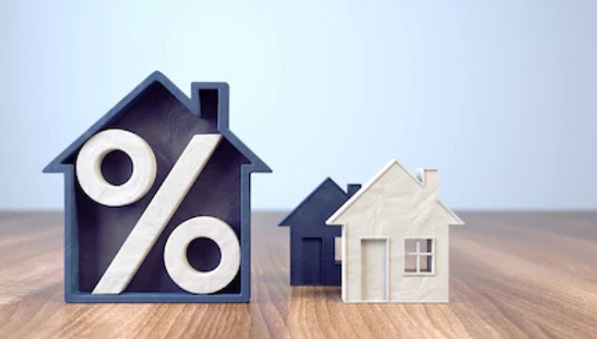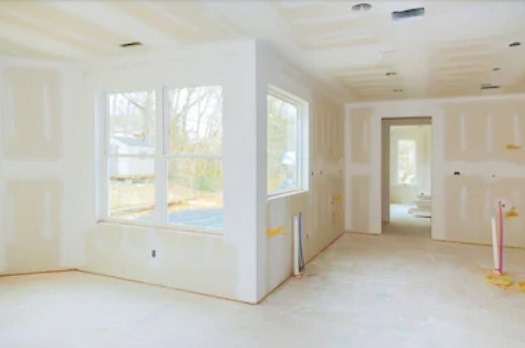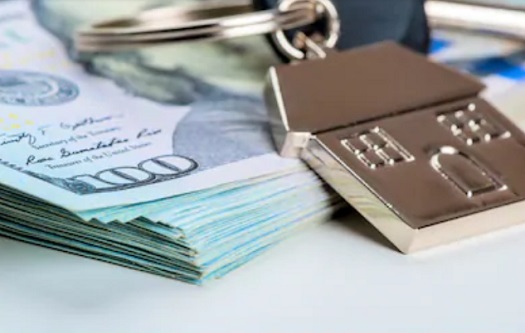As a seller, you may be over-the-moon to receive a reasonable offer on your house for sale. But don’t let those dollar signs flash in your eyes just yet. You won’t pocket all of the proceeds from the sale of your home. Before you collect your payment, you’ll have to pay the seller closing costs.
When you bought the house that you’re now listing for sale, you may recall learning about the term “closing costs.”
“Closing costs” is a phrase that envelops all of the costs that are associated with your real estate purchase.
Closing costs will vary from state to state, city to city, and county to county, but there are basic guidelines by which you can estimate your expenses. Ask your real estate agent which closing costs apply to you.
As the buyer, you paid between two and five percent of the purchase price of your home for closing costs.
These funds covered things like lender fees, attorneys, escrow agents, insurance, appraisals, inspections, and other items associated with the house you purchased. Many buyers are taken aback by the thousands of dollars they didn’t know they’d have to pay, out-of-pocket, at closing.
As the seller, you’ll be responsible for a different set of closing costs, to the tune of about eight to ten percent of your home’s purchase price. That could be a hard knock if you didn’t see it coming.
Take note that some buyers may want to negotiate closing costs so that you, the seller, pay part or all of those fees at closing. Keep in mind that buyer closing costs are typically between two percent and five percent of the purchase price – on top of your seller closing costs.
As it was with your purchase, your seller closing costs are due at the closing table when your transaction is being completed.
Talk with your real estate agent extensively about what to expect regarding closing costs and ways that you might be able to minimize those expenses.
Here are some things you can expect to see in your list of seller closing costs.
Real Estate Agent Commissions
Generally, the seller’s agent collects the commission and then pays a portion of that commission to the buyer’s agent.
Real estate agent fees vary, but you can estimate spending around four to six percent of your home’s sales price.
You should know when enlisting your agent what their commission rate will be. Sometimes that rate is negotiable.

Attorney Fees
Some states require the seller to have a real estate attorney. Other buyers choose to retain an attorney on their own. Either way, attorney fees are another deduction you can bank on.
Loan Prepayment Fee
Of course, one of the first checks to be cut is to pay off your existing mortgage from the proceeds of your sale. But you might get stuck with a bigger bill than you anticipated.

Many home mortgage loans have a prepayment fee worked into the contract. Unfortunately, if you settle your loan early, you might pay a hefty fee that’d deducted at closing.
Read through your loan documents to verify whether or not you’ll be penalized for repaying your home mortgage loan early.
Property Taxes
When you sell your house, you’re transferring the property taxes to the new owner. However, there’s the period between you selling the home and the new owner taking up residence.

You are responsible for paying prorated taxes for the duration of your stay. You may also pay a property or deed transfer tax.
Another tax you’ll pay is a property or deed transfer tax, along with recording fees.
Liens and Judgments
A lien is a hold on your property pending repayment.
For example, a bill collector could put a lien on your house for the amount of the bill you owe, plus interest. This lien is obtained in court through a legal judgment.
When you sell your house, that bill collector gets paid before you do.
The same is true with any past-due taxes. The IRS is more than happy to claim their share of your check.

Owner’s Title Insurance
Not that it’s common, but there are situations, especially those with liens and tax holds, where ownership of the property may be disputed after the sale.
For cases like this, there’s title insurance, which is often purchased by the seller to protect the buyer.
You can estimate this cost anywhere between $1,000-$4,000 out of your bottom line.
Escrow and Closing Fees
While most closing costs are pretty clear-cut between buyer and seller responsibilities, some expenses are equally shared, such as escrow and closing fees.
Escrow providers handle the signing and recording of the closing documents and deed as well as holding onto all the money waiting to be transferred.
Anticipate spending another one percent of your proceeds for escrow fees.

HOA Fees
If you live in a house that belongs to a homeowners association, you’ll need to settle up with them at closing, too.
If you’re behind on payments, that could creep up to bite you at closing.
Repairs and Allowances
While average percentages can project most of the closing costs, there’s no guarantee of what you might spend after appraisals and inspections.
You and the buyer agreed upon a sales price, but that price isn’t rock-solid just yet. Your sales price won’t be set in stone until after the appraisal and inspection.

Just as when you bought the house, the lender wants to know that the property is worth what the buyer is borrowing. Any discrepancies in these numbers could lead to a renegotiation.
Furthermore, if the inspection reveals any items in disarray or disrepair, you’ll have to either fix them yourself or negotiate a lower price so the buyer can fix the problems after they take ownership.
For this reason, it’s best to make sure your house is prepped and ready to pass appraisals and inspections with flying colors.
Your Moving Expenses
Most people deduct their moving expenses from the proceeds of the sale of their home.
By planning ahead and grouping your moving expenses into your closing costs, you’ll have a better idea of how much money is actually going into your pocket when the deal is said and done.
Conclusion
Selling your house can be a confusing process. You may agree on a sales price with a buyer, but you’re not going to cash out that amount at the end of the day.
Buyers and sellers are both responsible for closing costs, but those terms are negotiable. As the seller, you’ll have to decide if its worth it to you to carry some of the weight of closing costs so that a buyer has an easier time closing the deal.

Seller closing costs eat into your bottom dollar, but they cannot be avoided. They can, however, sometimes be reduced or negotiated with the buyer. Your agent may have tips and tricks to help you save a few bucks along the way.
Talk with your real estate agent about how to price your home effectively to allow for closing costs, and rely on your representative to guide you to understand the complex layers of closing costs for sellers.
Have Questions? Ask April!
Give April D. Robinson a call at 727-BUY-SELL (727-289-7355) to learn more about local areas, discuss selling a house, or tour available homes for sale.


